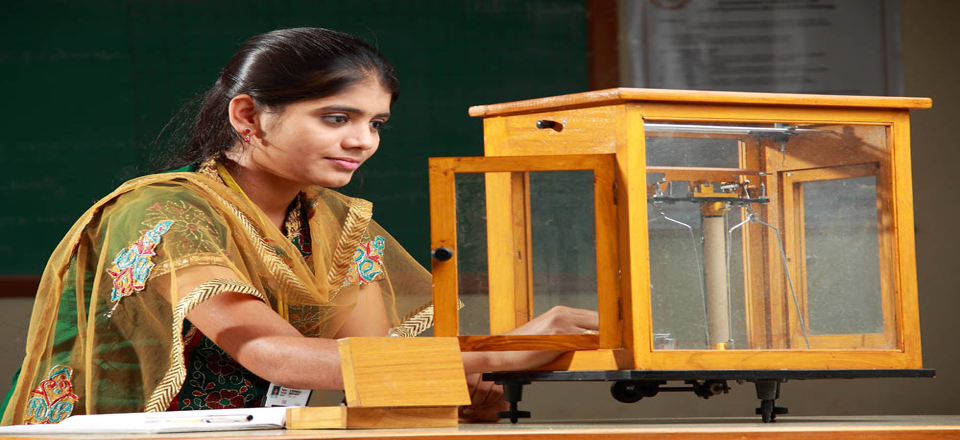
Program Outcomes of Humanities & Sciences Department
a) An ability to apply knowledge of mathematics, science, and engineering in electrical domain.
b) An ability to design and conduct experiments, as well as to analyze and interpret data to solve complex electrical engineering problem.
c) An ability to design a system,component,orprocess to meet desired needs within realistic constraints such aseconomic,environmental, social, political, ethical.
d) An ability to function on multidisciplinary teams.
e) An ability toidentify, formulates,and solves engineering problems
f) An understanding of professional and ethical responsibility.
g) An ability to communicate effectively.
h) The broad education necessary to understand the impact of engineering solutions in a global and societal context.
i) A recognition of the need for,and an ability to engage in life long learning.
j) Knowledge of contemporary issues
k) An ability to use the techniques, skills, and modern engineering tools necessary for engineering practice.
(l )A knowledge of differential and integral calculus and advanced mathematics including differential equations, linear algebra, vector calculus, complex variables, Laplace transform, Fourier transforms, and probability and statistics with appropriate applications.
(m ) knowledge of basic sciences, computer science, and engineering sciences necessary to analyze and design complex electrical and electronic devices, software, and systems containing hardware and software components, as appropriate to program objectives.




